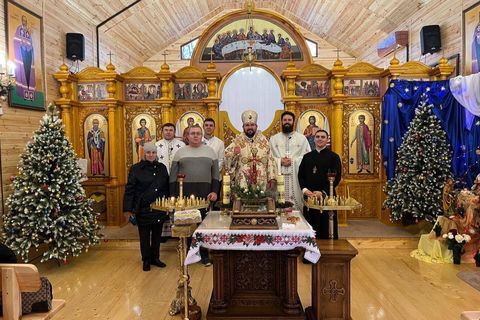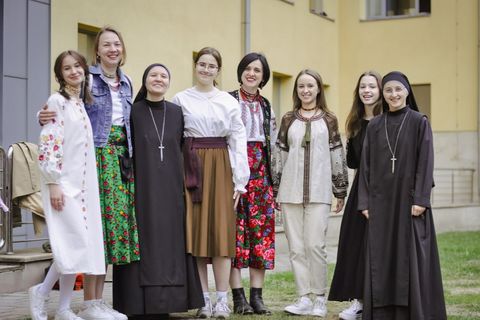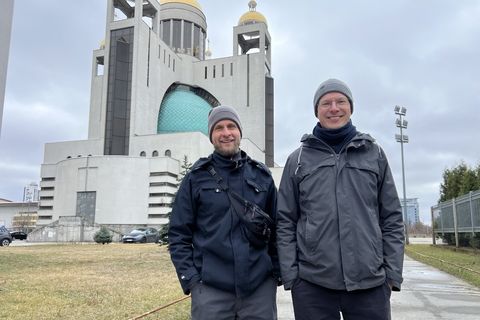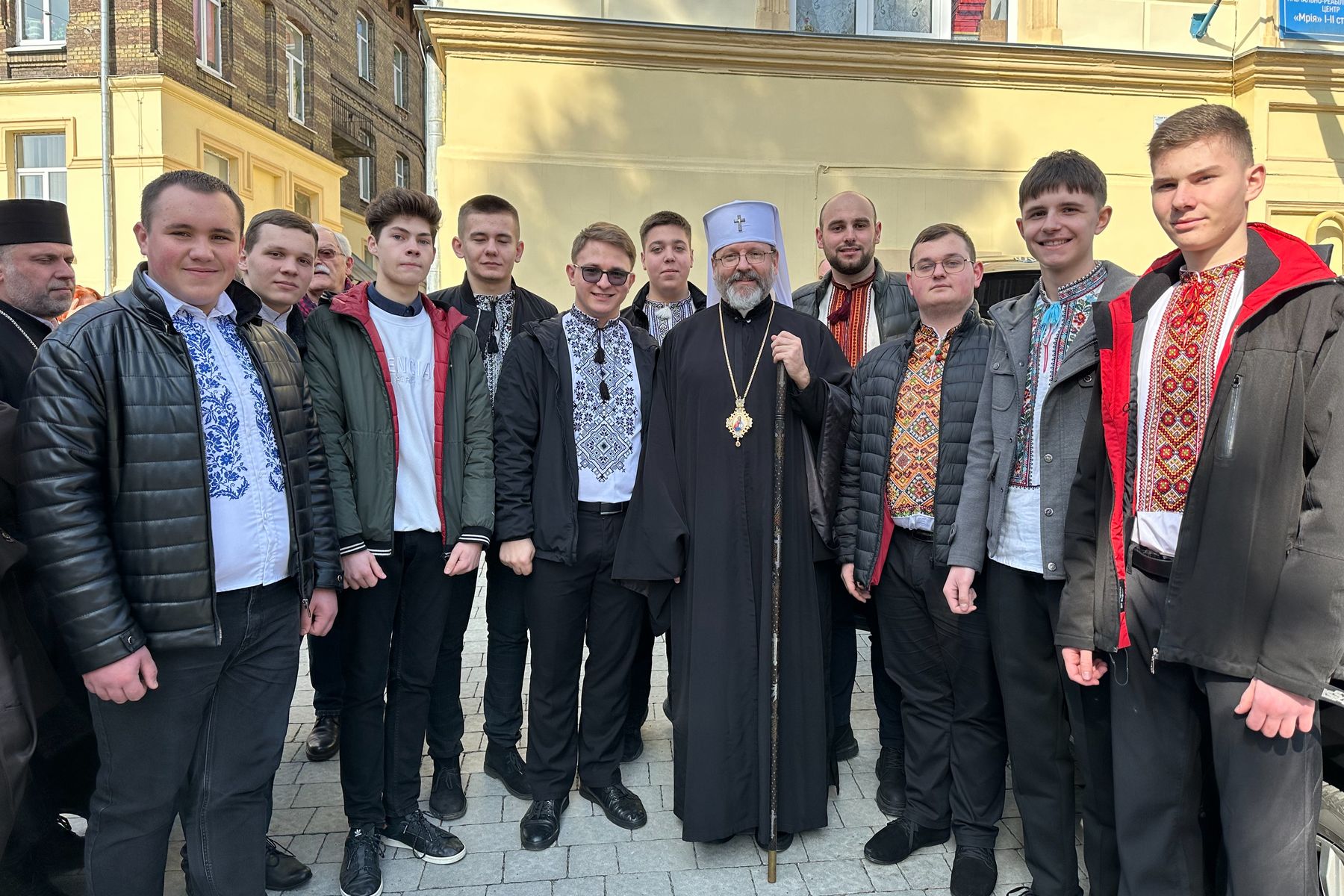
God Guides Us Through Life: How Seminarians of the UGCC Theological Seminaries Chose the Path of Service to God
Summer is synonymous with warmth, sunny days, and vacations. However, it is also a critical time for school graduates and applicants, marked by reflection, excitement, decisions, exams, and the anticipation of enrollment in further education.
Traditionally, September 1 st marks the start of the new school year, celebrated across all educational institutions. In Ukraine, for the third consecutive year, Knowledge Day is deeply intertwined with the ongoing war, air raids, and shelling. Many schools and academic institutions are unable to open their doors to students, having been destroyed by bombs and missiles. Amidst the turmoil of war, there are children and students who aspire to devote their lives to serving God and others; they choose to study at theological seminaries.
Each of them arrived at this decision in their own way: some had served in the church since childhood and wished to continue their ministry; others were inspired by attending camps or church community meetings and wanted to emulate their spiritual advisors; while some, after acquiring a secular profession, felt called to follow a different path. What unites all future priests is their unwavering faith in God, their desire to serve Him and others, and their commitment to preach His word.
“God calls everyone to serve Him. The only difference is whether you are ready to accept this offer and how you will implement it. I could be an engineer or an economist now and fulfill God’s will in this way. But for now, He has something different prepared for me. Frequent church attendance, active participation as an altar boy, and involvement in the youth community likely amplified the call to serve Him in this way. I think this is a process of inner change by the hand of the Almighty, which I simply did not try to resist,” explained Roman Kozak, a seminarian at the Lviv Theological Seminary of the Holy Spirit.
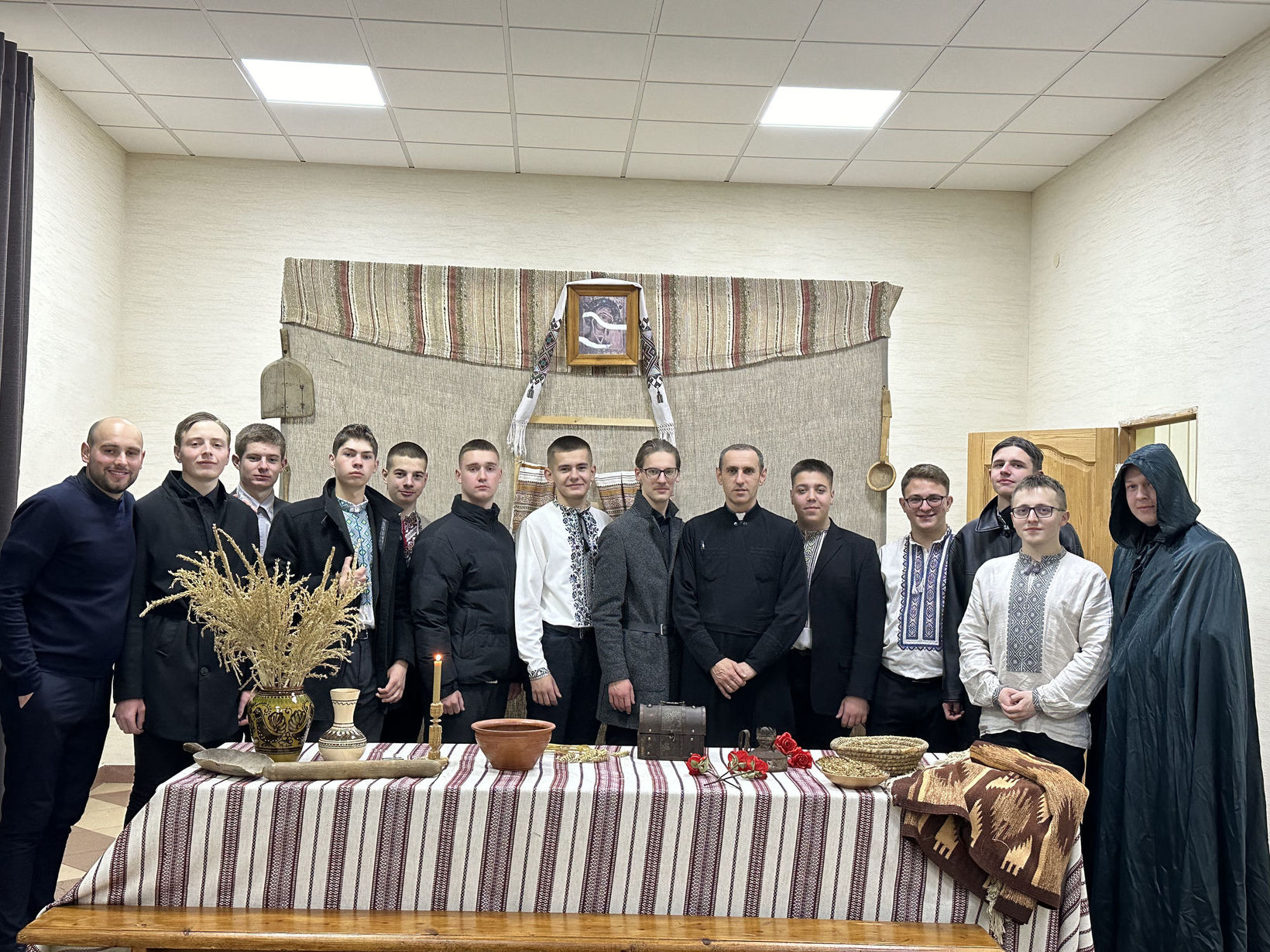
He said that the desire to study here was not a decision of a single day or year. As a child, at about 5 years old, watching the priests, he was genuinely fascinated by the felon, which was “like a superhero’s cloak” for him.
“Probably, even then a desire to be like them was already burning in my heart. But the Lord works in mysterious ways, and after 9th grade I decided to study gas engineering. I could not see a future with a junior specialist diploma, so I decided to study at Ivan Franko National University of Lviv, where I received a degree in Business Economics,” Roman said.
During the pandemic and remote learning, he began to spend more time in church, joined the altar members of the Church of Saints Olga and Elizabeth, where he revived the youth community together with the youth of the parish and took an active part in the life of the Church. And already in his 3 rd year of university, he firmly realized that he wanted to study at the seminary.
Studying at the Lviv Theological Seminary involves two stages. First, the preparatory course, where applicants write a dictation and are interviewed, because they need to demonstrate basic knowledge of how the Church functions: its charter, catechetical parts, history, and understanding of the texts of the Old and New Testaments. You can prepare for the preparatory course on your own, as the seminaries’ websites contain the necessary guidelines and recommended literature.
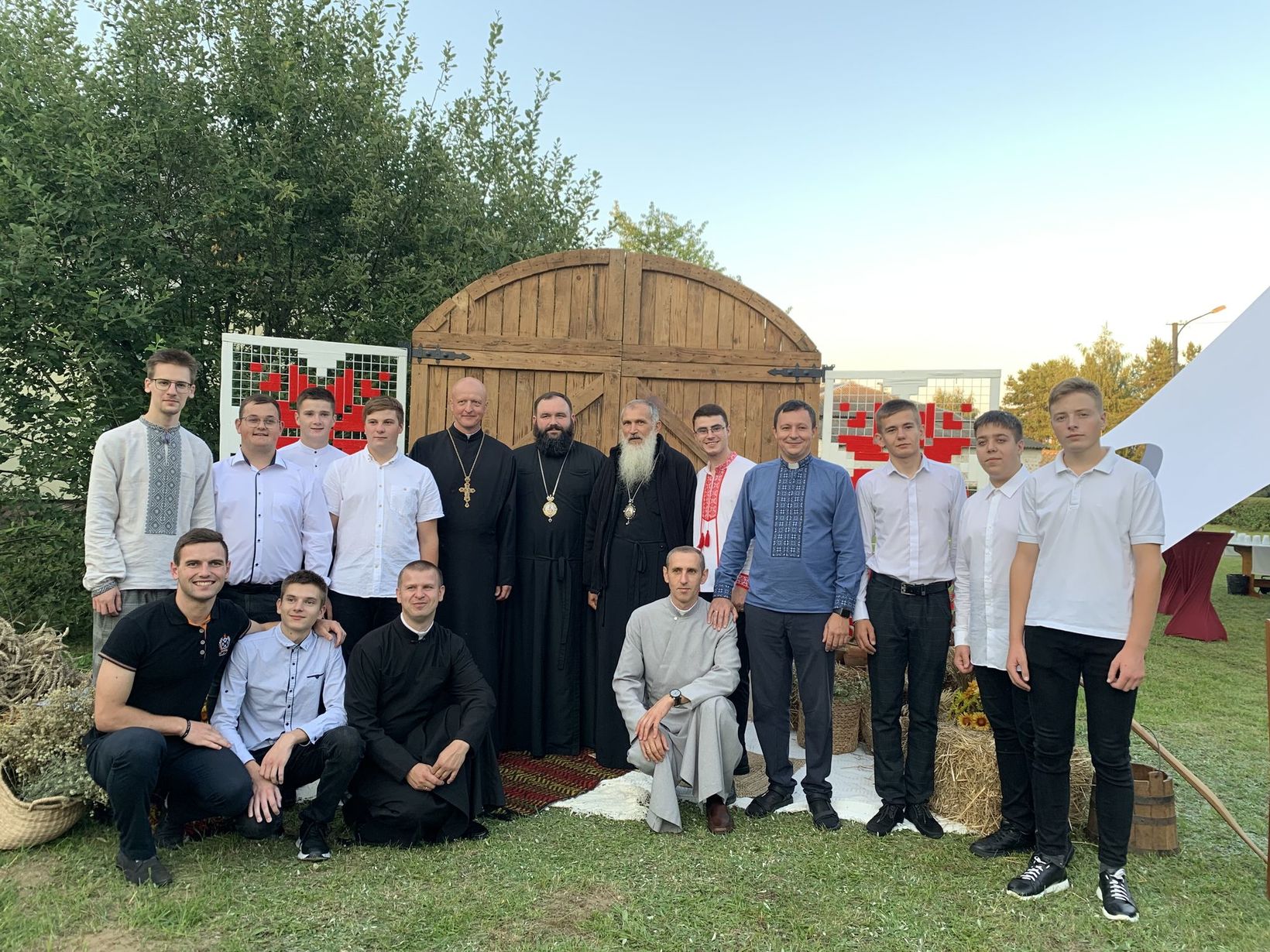
At the Lviv Theological Seminary, classes begin on September 1. There is no separate initiation, but there is an initiation of cassocks performed by the metropolitan. This year’s event will take place on October 5.
Already in the course of their studies, students are studying in depth the history of Christianity and the UGCC, the history of salvation, the service regulations, theology of the church, the history of Ukraine, and other disciplines that will be required of applicants upon entering the 1 st year.
According to Roman Shynglovych, a seminarian at the Higher Theological Seminary named after Patriarch Josyf Slipyj (Ternopil), who had been preparing for admission for several years, “there were questions on the history of Ukraine and the Church, the Holy Scriptures, the catechism, a creative task on the topic ‘What I See as a Modern Ukrainian Priest,’ and during the interview, the members of the admission committee also assessed the musical abilities of the applicants.”
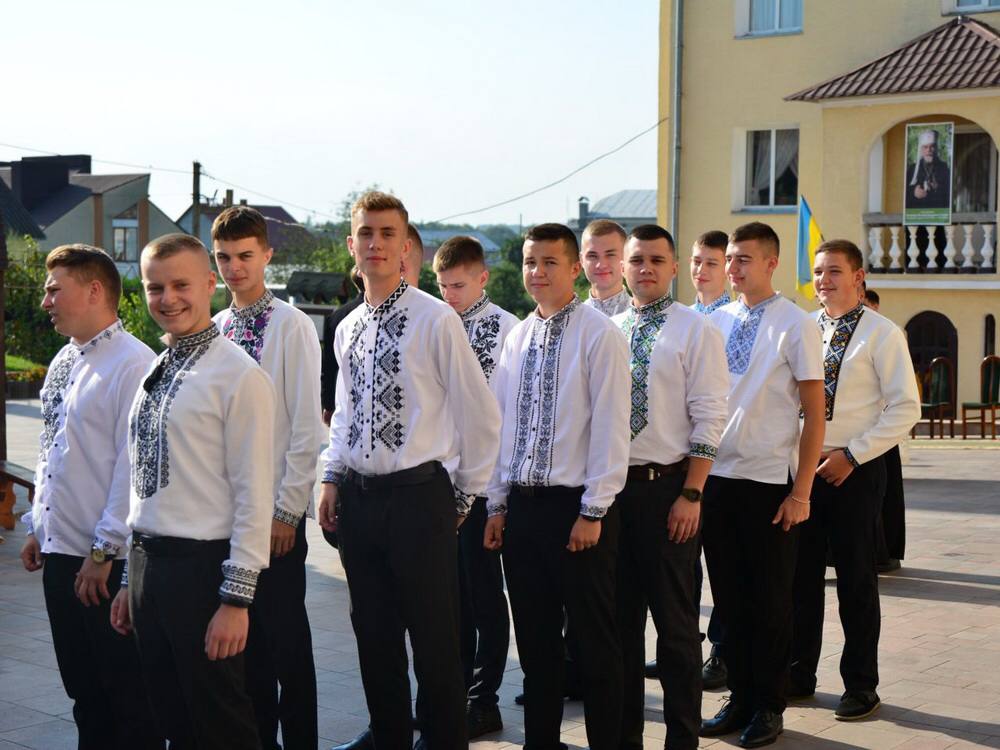
Iryney Boyko, a student of the Drohobych Theological Seminary of the Blessed Martyrs Severus, Vitalii, and Yakym, said that his desire to enter the seminary emerged when he was a child, although at the end of the 9th grade he wanted to get a secular profession and thought so until the 11th grade.
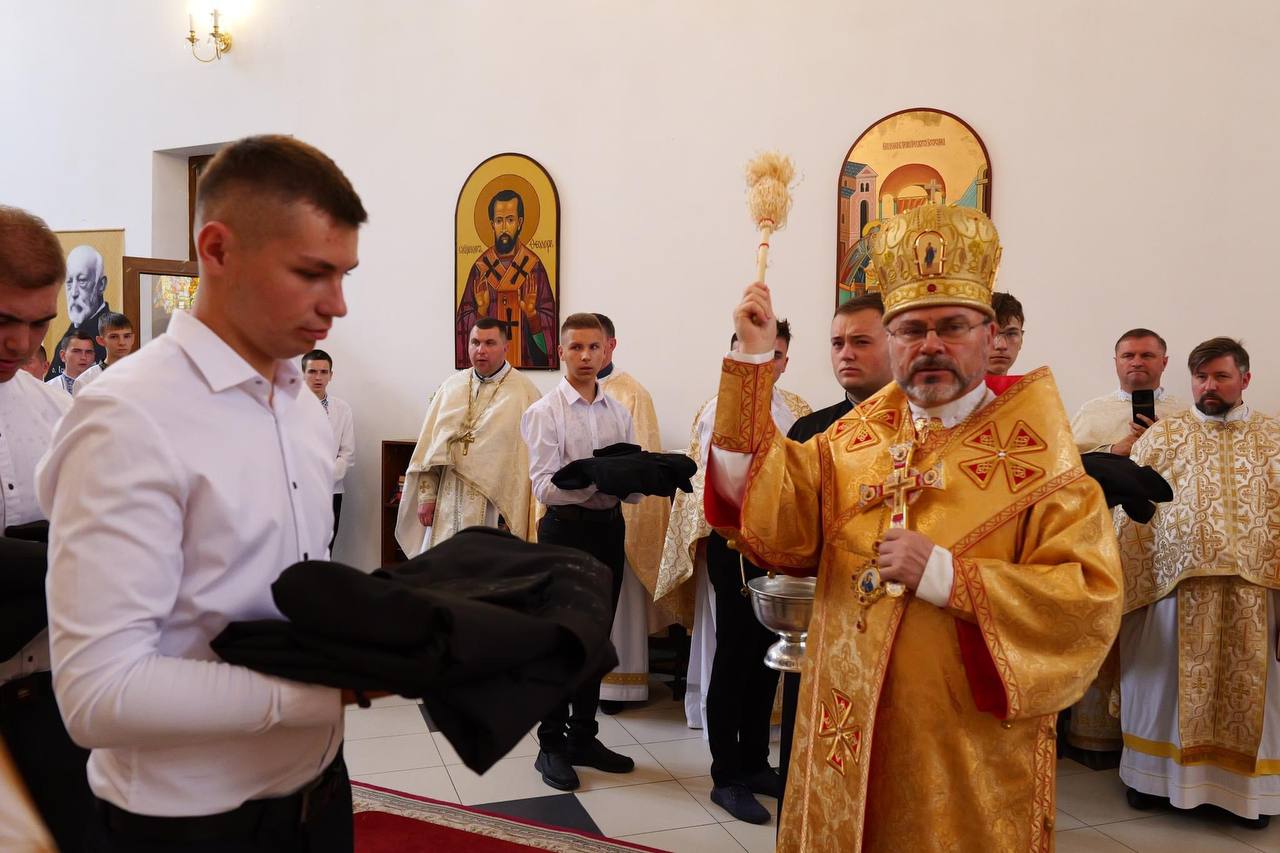
“But still, I felt that God was calling me, and I began preparing to enter the seminary. My parents were positive and supportive of my vocation, and they helped me,” the seminarian added.
He recommends that future applicants pay attention to preparation, including catechism, Liturgics, and essay writing. If future seminarians have doubts about entering the seminary, they should pray and remember that if God has really called them, they need to respond to Him.
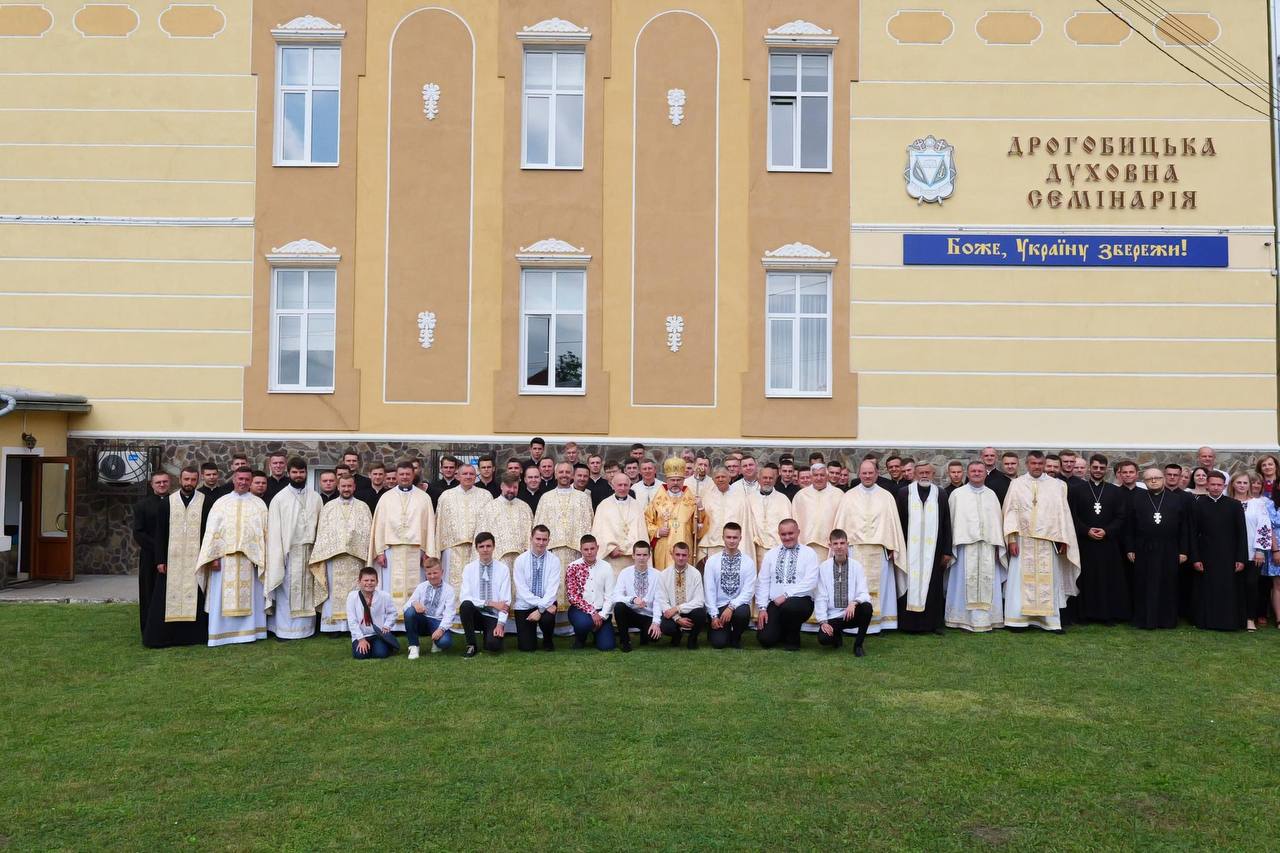
Dmytro Chvyl, a seminarian at the Ivano-Frankivsk Theological Seminary named after the Holy Martyr Josaphat, said that he really likes studying at the seminary; at once you can acquire discipline and order, there is a clear schedule.
“Every morning begins with prayer and the day ends with it. Then the studies take place. At 20:30, the canonical silence begins and there is complete silence in the seminary, which is very important for reflection. The seminary is very helpful, especially the senior students, who mentor me and share their experience,” Dmytro adds, noting that he also plans to become a history teacher.
Rostyslav Barbak, a seminarian at the Ivano-Frankivsk Theological Seminary, said that during one of his prayers to St. Josaphat he “felt the call of God” that impelled him to enter the seminary.
“It was then that I felt the spark of love in my heart for the Lord that St. Josaphat induced in me. This is a great example of how the Lord works in our lives,” Rostyslav said.
He said that he attended the Open Day at the seminary, where he got acquainted with the tests and requirements and began to actively prepare for admission.
Studying at seminaries lasts 6–7 years, but there is an opportunity to continue education for higher degrees abroad.
Compiled by Victoria Mazur,
The UGCC Department for Information


